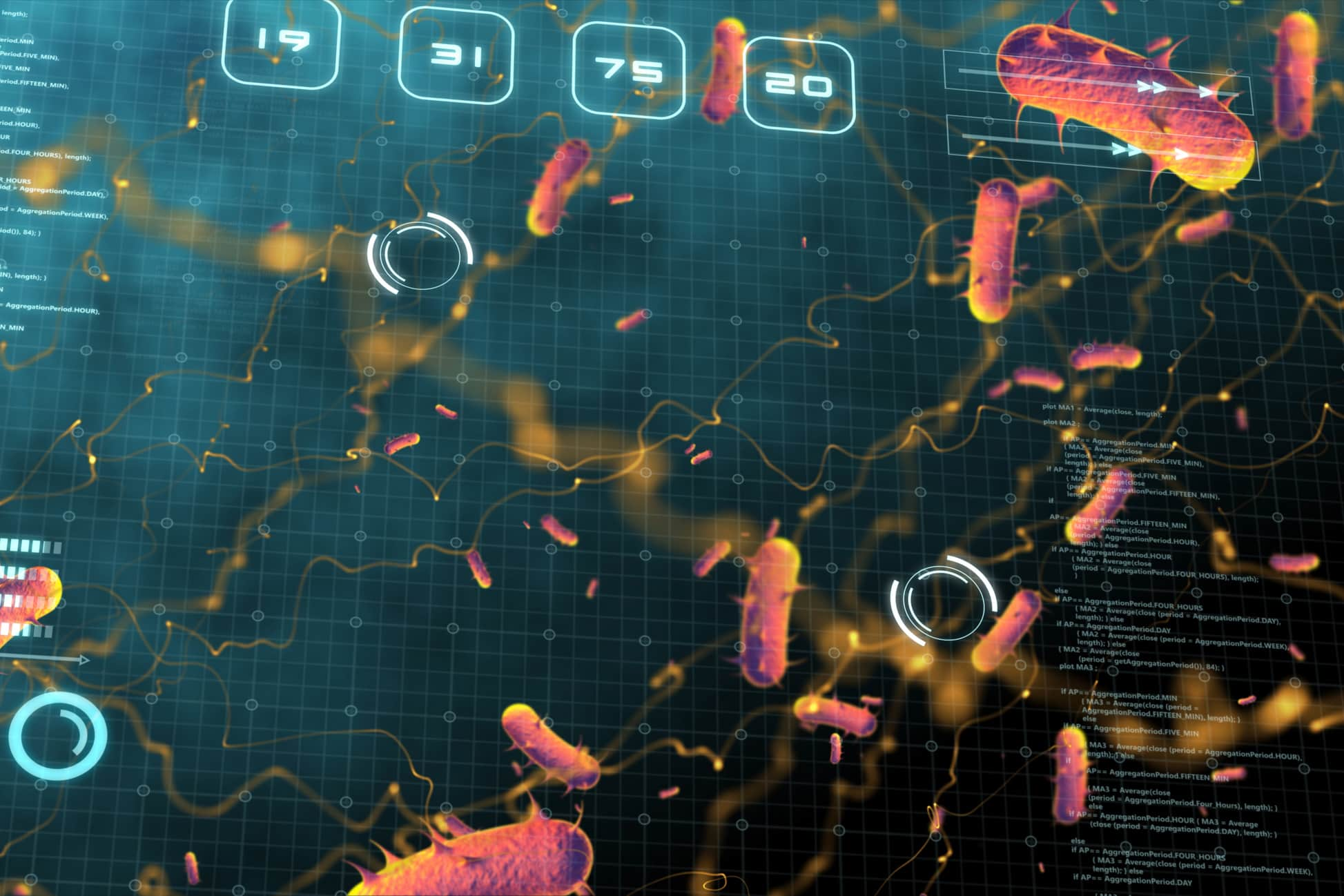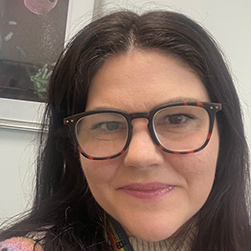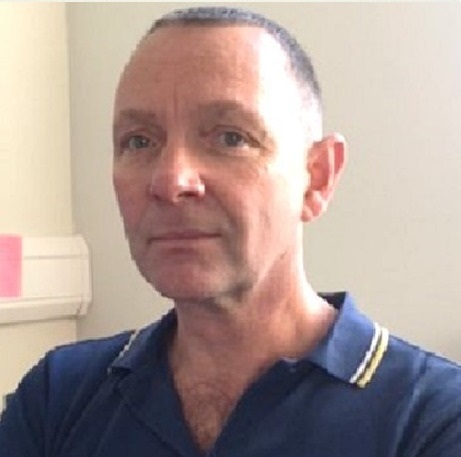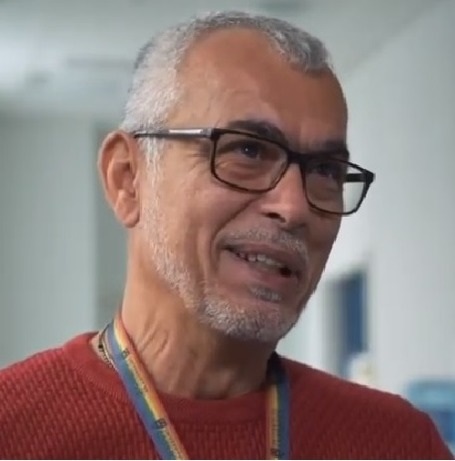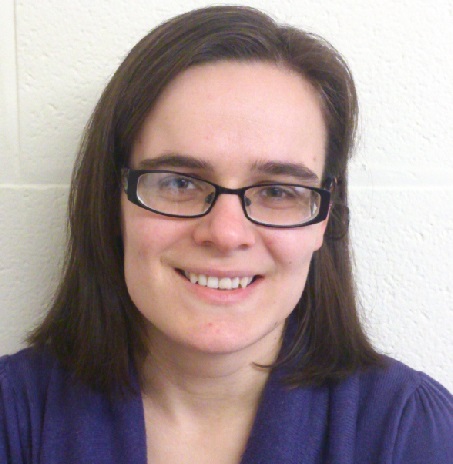Department of Clinical Infection, Microbiology and Immunology
- University home >
- Institute of Infection, Veterinary and Ecological Sciences >
- About us >
- Clinical Infection, Microbiology and Immunology
We conduct infection research of direct clinical relevance to humans, centred on improved diagnosis, treatment and prevention of infections. We investigate how pathogens cause disease, and our research aims to better understand the host response to infection and vaccination.
Our state-of-the-art research facilities encompass the Ronald Ross Building, a purpose built 5,000m2 facility which includes containment level II and III multi-user laboratories for in vitro and in vivo work, the MerseyBio Incubator, the Biosciences Building and the University’s Leahurst Campus.
Our work addresses infections of importance both in the UK and overseas and encompasses diseases in adults and children as relates to brain, respiratory and gastrointestinal disease, as well as HIV, sepsis and emerging zoonotic infections.
A range of experimental microbiological, virology and immunological methods and techniques are employed, including -omics analysis, imaging, animal models of infection and clinical trials.
Staff in the Department of Clinical Infection, Microbiology and Immunology
Centres of Excellence
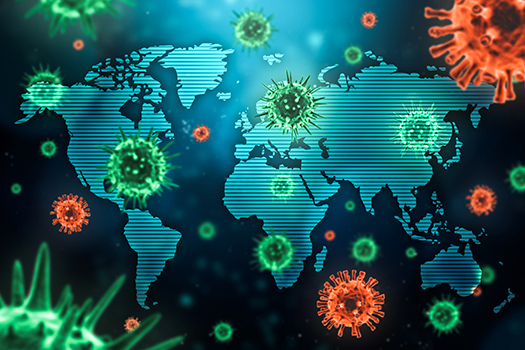
Epidemiology of infectious diseases and surveillance
We are a multidisciplinary team working to advance epidemiological knowledge of endemic, emerging and pandemic infections. Our priority is understanding inequalities in infection burden for clinical and population health action. To this end, we use observational and interventional epidemiological study designs and novel and emerging data sources.

Vaccines, therapeutics, diagnostics
We are undertaking research to improve the effectiveness of current vaccines and drive the development of new vaccines for major diseases of humans and animals. Our vaccine research spans a wide range of viral, bacterial, and parasite infections.
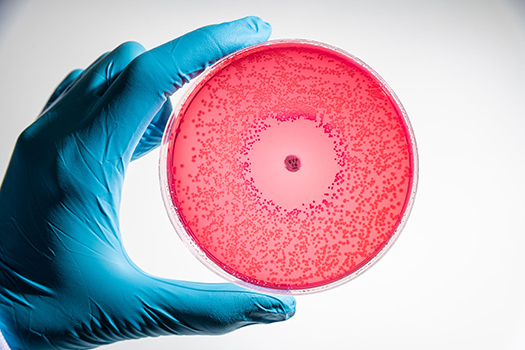
Pre-clinical infection models (in vitro and in vivo)
We develop and use clinically relevant in vitro and in vivo models of respiratory, gastrointestinal, brain and systemic infection to elucidate mechanistic understanding of bacterial and viral disease processes and host immune responses. Our models include a wide range of primary and cell line tissue culture models, organoid models, and Galleria, zebrafish and mouse models of infectious disease.
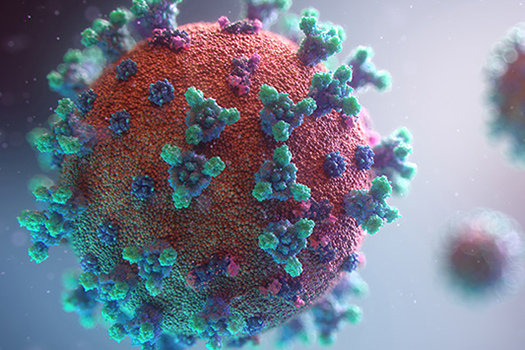
Host pathogen interactions
We specialise in studying host-pathogen interactions with our expertise spanning an array of bacterial and viral pathogens. We implement our studies across multiple platforms, including animal models, and human subjects. Our studies are aimed at developing interventions, that encompasses diagnostics, pioneering therapeutics targeting resistant pathogens, combating emerging or re-emerging infections, and advancing vaccine development.
Research centres
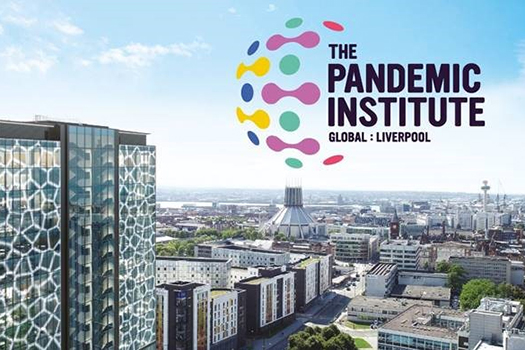
The Pandemic Institute
Preparing the world for the next pandemic. Leading the world’s understanding and ability to manage pandemics, through an end-to-end approach to pandemic research.

Microbiome Innovation Centre
Combining state of the art facilities with diverse expertise from across numerous disciplines including ecological, biological, clinical and veterinary science.
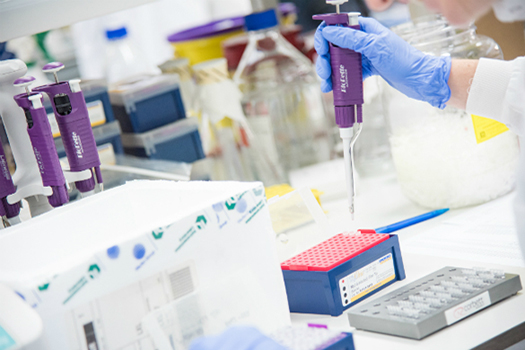
Centre for Global Vaccine Research
Working to develop and implement the use of vaccines against major infectious diseases.
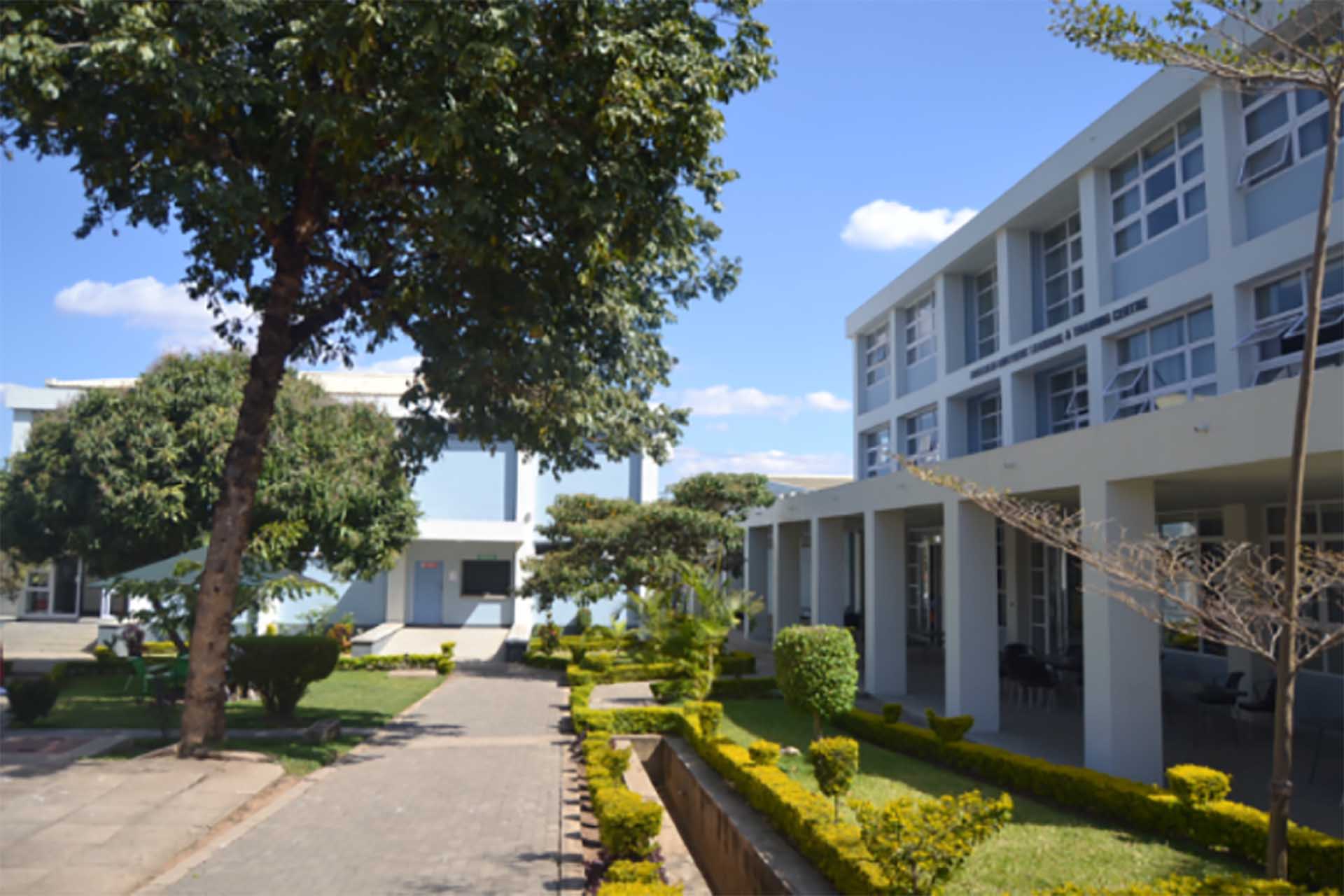
Malawi - Liverpool - Wellcome programme
Conducting internationally excellent research to benefit health and training the next generation of researchers
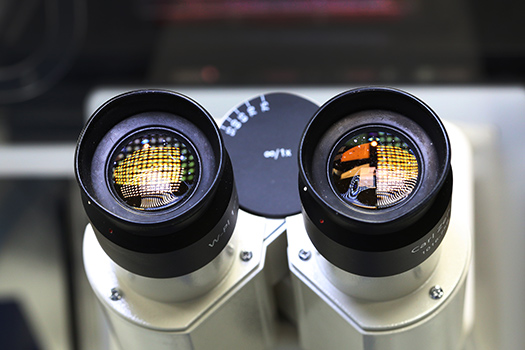
Pre-clinical Studies Unit
The Pandemic Institute funded Pre-Clinical Studies Unit provides world leading expertise in clinically relevant in vitro and in vivo models for testing new vaccine candidates, drugs and therapies against a range of existing infectious diseases and emerging new threats. The PCS unit handles both category 2 and category 3 pathogens and is staffed by highly experienced infectious disease researchers who can provide expertise to both academic and industrial engagement and develop new tailor-made infectious disease models upon request.
